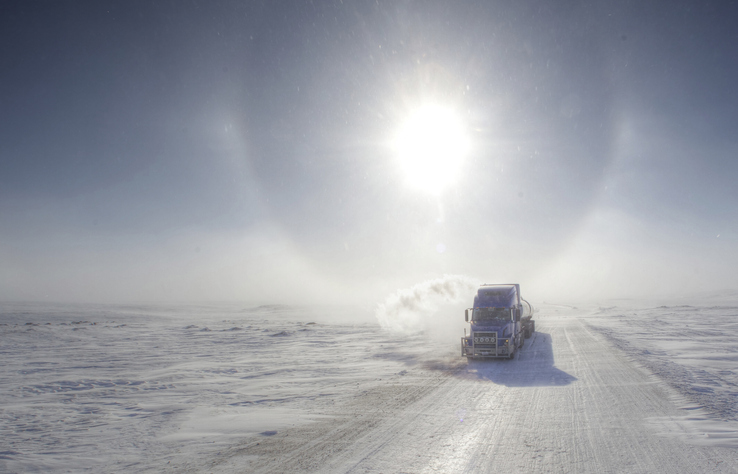Manitobans – including First Nations in some of our most remote communities – deserve much improved access to public infrastructure and opportunity.
First Nation leaders in Northern Manitoba have a point about expanding all-season road access to some of the most isolated communities on the east side of Lake Winnipeg.
They are tired of the higher costs associated with flying in goods at some of the most remote communities and shorter winter road seasons are narrowing the window to get food and critical medical supplies into the communities. The winter road season typically runs from late January to March, but in recent years the season is now opening later and later. There is only enough time to deliver essential goods on trucks over the winter roads.
A cost-benefit analysis would likely show that that there is a strong case for building an all-season road. For example, there would be significant savings associated with avoiding flying people out for critical medical care.
Just recently, First Nation leaders from east side communities declared local states of emergency due to being unable to ship in important goods. At Garden Hill, the community leaders said they may have to temporarily close the band school because they can’t get the fuel they need.
Connecting these disconnected and economically orphaned First Nations to the opportunities in larger communities and Winnipeg is the key to expanding job and educational opportunities for First Nation youth. Governments completely dropped the ball during the pandemic in factoring in the mental health effects of isolation. We forget that First Nations in many fly-in communities must deal with chronic isolation, which brings its own pathologies.
In late January this year, leaders from east side reserve communities called on the province and the feds to fund a 252-kilometre (156 mile) road that would run from Berens River in the south to St. Theresa Point in the north.
In 2017, the all-season road was extended to Berens River.
One hates to say we have seen this movie before, but several groups, including the Frontier Centre amply made the case for an eastern route for the Bipole III transmission line project which could have easily accommodated an all season road for little extra marginal cost. Remember that long running debate? It turned out to be one of the then NDP’s government biggest policy mistakes. That shorter, cheaper eastern transmission line route died when a select group of environmentalists pressured the government to opt for a western route, despite the substantially higher costs.
Green activists convinced the provincial government that obtaining a UNESCO World Heritage Site designation for the “pristine” boreal forest was somehow more important than developing the east side and connecting those First Nations to the rest of the province and country.
This is what we call eco-colonialism where non-Indigenous activists manipulate the destiny of First Nations for the sake of some environmental agenda (i.e. blocking energy pipelines). For many of them, it is more important to maintain the pristine environment First Nations live in than to develop these communities and expand opportunities for them.
No more dilly dallying. This is almost a no-brainer. First Nations on the east side would benefit from an all season road It would begin integrating them into the broader opportunities of the Manitoba economy It would also be a smart way to link First Nations to other Manitobans and build our province’s shared sense of community.
Joseph Quesnel is a Senior Research Fellow for the Frontier Centre for Public Policy.



